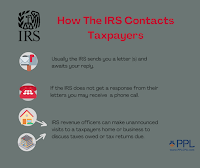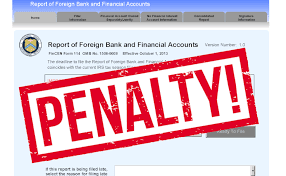TIGTA initiated an audit of the IRS because TIGTA is required to annually report on the IRS’s compliance with provisions of the law that restricts the IRS from directly contacting taxpayers who are represented.
What TIGTA Found
The IRS has policies and procedures to help ensure that taxpayers are afforded the right to designate an authorized representative to act on their behalf in a variety of tax matters. In addition, the IRS has a process to handle the review and disposition of taxpayer allegations of direct contact violations. However, the IRS has not developed a system to identify IRS employee violations of the direct contact provisions.
TIGTA found that revenue officers potentially violated taxpayers’ rights concerning directly contacting taxpayers who are represented before the IRS. TIGTA reviewed a stratified statistically valid sample of 132 taxpayers from a population of 1,613 taxpayers who had collection actions documented in case history narratives by revenue officers between October 1, 2021, and June 30, 2022.
TIGTA Found Eight Taxpayers (8) (6%) For Whom
Revenue Officers Did Not Comply With The I.R.C. Sections Pertaining To Direct Contact Provisions And
The Right To Fair Collection Practices.
TIGTA also reviewed Fiscal Year 2022 Embedded Quality Review System (EQRS) data pertaining to Field Collection. There were 129 cases in which the quality element ‘right to representation not observed,’ was reported as a potential exception and the reviewer included a narrative explaining the specific nature of the violation.
TIGTA found that for the 129 potential violations, there were 48 taxpayers for whom the IRS did not comply with the law regarding the right to representation. While IRS procedures require the reporting of potential Fair Tax Collection Practices violations to a Labor Relations Specialist for investigation, the 48 potential violations TIGTA identified were not reported. TIGTA concluded that the IRS has significant gaps in both its reporting of potential employee misconduct and in disciplining employees for potential taxpayer violations. TIGTA also determined that training for new revenue officers does not have case scenarios to show the variety of ways taxpayers may ask to consult with a representative.
What TIGTA Recommended
TIGTA recommended that the IRS:
- Ensure that group managers discuss the potential violations identified during the review of Integrated Collection System case narratives with responsible employees and report potential violations to Labor Relations;
- Report the potential Fair Tax Collection Practices violations identified in EQRS reviews to Labor Relations for investigation;
- Establish controls to ensure that all potential violations of Fair Tax Collection Practices identified in case reviews are reported for investigation;
- Establish procedures that require EQRS reviewers to include a narrative detailing a potential violation relating to the ‘right to representation not observed’ quality element; and
- Improve new revenue officer training by adding direct contact scenarios pertaining to taxpayers’ statements concerning their right to representation.
The IRS agreed with all five recommendations.
Have An IRS Tax Problem?
Contact the Tax Lawyers at
Marini & Associates, P.A.
Read more at: Tax Times blog
Read more










.jpg)

